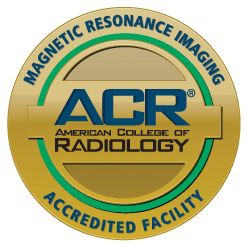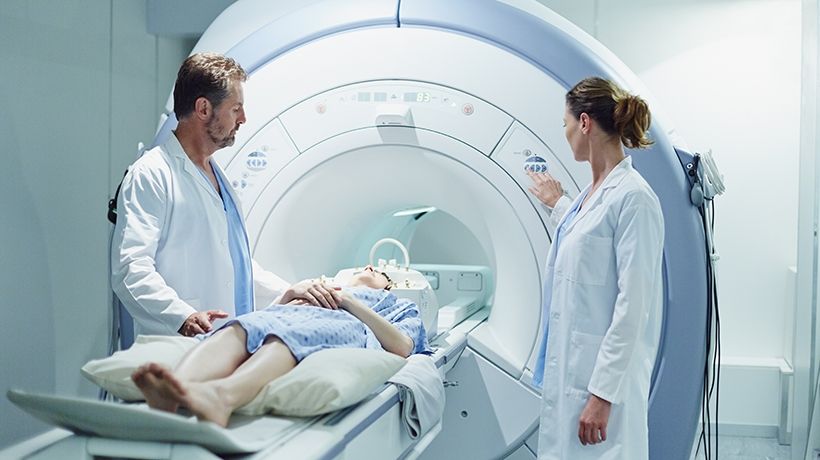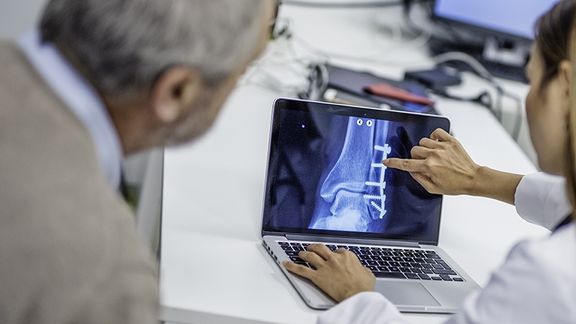Magnetic resonance imaging (MRI) is a non-invasive test that uses powerful magnets and radio waves to create detailed pictures of the inside of your body. Unlike X‑rays, ultrasounds, or CT scans, MRI often provides unique insights into your organs and tissues, sometimes detecting issues that other imaging methods might miss.
Quincy Medical Group offers advanced 3T MRI technology with the state-of-the-art SIGNA™ Pioneer from GE Healthcare. This cutting-edge equipment produces exceptionally clear images in less time, offering invaluable information for diagnosing conditions related to the brain, spine, and musculoskeletal system.
Accreditations



